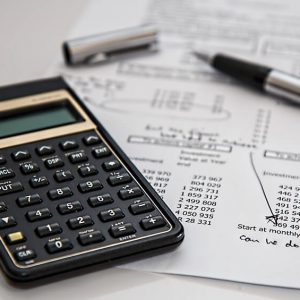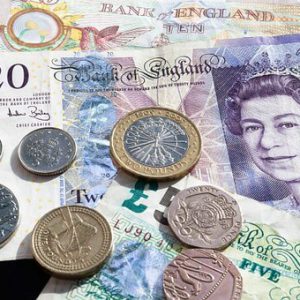How to Start the New Year with a Money Saving Plan
The Importance of a Money Saving Plan
There is no better time than the start of a new year to make a resolution to live your life differently. Popular resolutions often include dieting and quitting smoking. One important resolution that often goes under the radar is ways of managing your own money more efficiently.
Multiple studies have shown that those with a financial plan are three times more likely to succeed in reaching their goals. This is why Alexander & Co thought this would be a good time to give a few a simple pointers on ways you can improve your personal finances.
Where you currently stand
In order to achieve certain goals, you need to know where you are financially. There is probably no better time to do this than in the new year. After all, you’re getting all of your tax documents together before the January 31st self-assessment tax return deadline.
This is why you need to get on top of your paperwork, files and plans. You can then make a clear and concise summary of what you owe, own, receive and spend. It really does pay to be organised!
Understand what you are spending
No matter how much money you earn, if you spend too much you will never be financially stable. If you are not saving a regular amount and building up debt, it’s likely you don’t know how much you are spending. Try these tips to take back control of spending:
- Buy items via debit card – This is good for small spends such as morning coffee and sandwiches. It will help keep a transaction record where you can total up and identify where the money is going. Then you can decide to make small amends to your lifestyle such as making your coffee at home and using a travel mug. It all adds up! Read this telegraph article to find out just how much your coffee addiction is costing you.
- Download your banking records onto a spreadsheet or begin using a personal finance software package. This way you can categorise your outgoings with ease. It will allow you to work out how much you spend on variables and fixed regular costs like insurance premiums, mortgages and utility bills, and how much you spend on discretionary things such as clothes, meals and leisure activities.
- Understand what you need as opposed to what you want. Do you really need another pair of shoes, a new bag or the latest home gadget?
- Design a budget for yourself that includes a realistic allowance for discretionary spending. You can stick to it by using one of the budgeting apps available from a smartphone app store.
Pay yourself first
Many people underestimate how much they need to save whilst they are still working, as many are not saving enough for when your working years are over. As a rule of thumb, you should try and save around 20% of your annual income, less if you are still fairly young and more if you slightly older. These tips can help you save even more.
- Deposit a regular and affordable amount into a savings account each month. By doing this on the same day you get paid, it means you will be paying yourself before all your bills and expenses go out.
- Even if the interest rate isn’t great, direct your saving towards another savings account and call something such as “emergency fund”, “rainy day fund” to remind you what you are saving for.
- As your salary rises, make sure you increase the amount that goes into your savings.
- Join your employer’s pension scheme and contribute as much as you need to, in order to obtain any employer contribution.
Getting a handle on your net worth can tell you how far you’ve come on the journey toward your goals, and how much further you still need to go. For more advice on your personal finances make sure you contact Alexander & Co.





